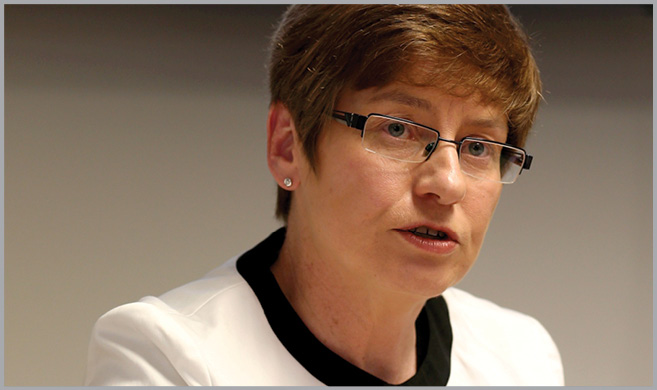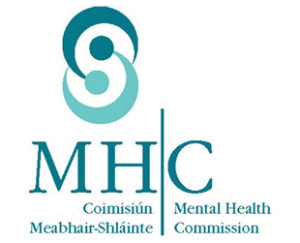Mental health update

Patricia Gilheaney, Chief Executive of the Mental Health Commission outlines the role of the regulator, the progress that has been made in recent years and what the future looks like for mental health services.
 The last decade has seen progress made in the provision of mental health services in Ireland, under the government policy A Vision for Change. That policy brought about real and lasting change for patients and the service they receive. Most notably was the shift in the provision of mental health care, from the dilapidated older institutional settings to a more modern community based service, which is fit for purpose in today’s world.
The last decade has seen progress made in the provision of mental health services in Ireland, under the government policy A Vision for Change. That policy brought about real and lasting change for patients and the service they receive. Most notably was the shift in the provision of mental health care, from the dilapidated older institutional settings to a more modern community based service, which is fit for purpose in today’s world.
The core concepts of the policy are recovery, person centeredness, partnership, user and family involvement and the delivery of multidisciplinary community based services. While the policy has made an impact in these areas, there is still a lot of work to do.
Notwithstanding considerable commitment, at national and regional level within the HSE, and within the statutory, voluntary and independent sectors, much needs to be done to ensure the delivery of consistent, timely and high quality services. There are still challenges in recruiting mental health professionals and filling roles in areas such as psychiatry, nursing, psychology, social work, occupational therapy and others, which are crucial to a recovery-orientated service.
Ten years on from the launch of that Government policy, it is time for a formal review. This review should reflect the findings of the Report of the Expert Group on the Review of the Mental Health Act 2001, which if implemented, would go a long way to addressing the need to improve the provision of mental health services in Ireland. One of the recommendations made was to place the regulation of Community Mental Health services on a statutory footing with appropriate legislation. This proposal would require community services to be registered and inspected at reasonable intervals using a risk based system by the Mental Health Commission. Another recommendation was to elevate care planning to primary legislation so that care plans would be required in all mental health care delivery, thereby ensuring that every patient receiving treatment has a recovery based plan.
The Department of Health is currently drafting legislation to take into account many of the areas raised by the Expert Group.
Our role is to protect those who are most vulnerable in our society and to ensure that the right safeguards are in place for all those receiving services, not just those in approved centres, and to that end there are other recent important legislative changes taking effect. In 2015 the President enacted the Assisted Decision-Making (Capacity) Act 2015. The Decision Support Service, under this Act, will fall within the remit of the Commission. The range of functions that will be carried out are extensive and significant planning and resources will be required. We are committed to working with the relevant government departments, and other stakeholders, to put the necessary infrastructure in place so the service can commence and be implemented smoothly and quickly. The Commission very much looks forward to making progress in laying the foundations for this service, which will see the state restoring rights and autonomy to a range of vulnerable people.
To find out more about the Commission and its activities please visit www.mhcirl.ie
Tel: +353 (1) 636 2400
Email: info@mhcirl.ie
The Mental Health Commission (MHC) was established in 2002 and its main functions are to promote, encourage and foster high standards and good practices in the delivery of mental health services and to protect the interests of patients who are involuntarily admitted. Its mission is to safeguard the rights of patients, encourage continuous quality improvement, and to report independently on the quality and safety of mental health services in Ireland.






